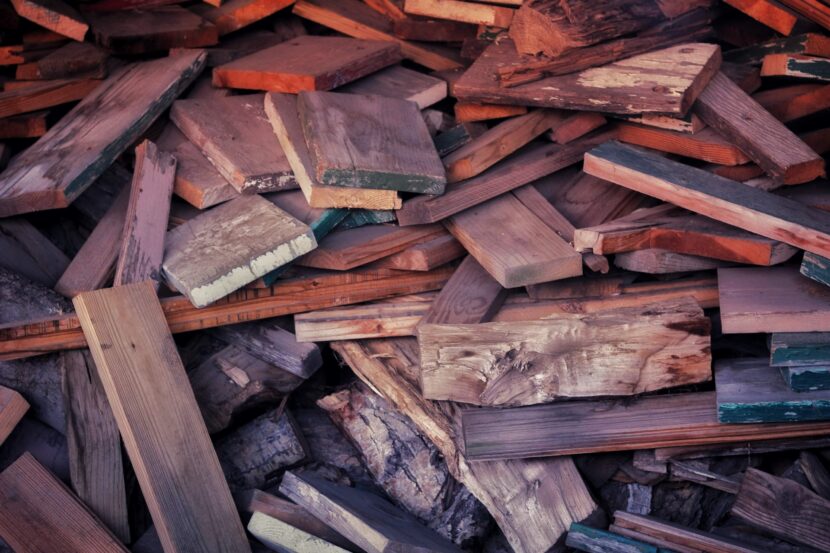Timber has been a popular choice of building material in Malaysia for centuries due to its abundance and affordability. However, it is important to ensure that the timber used for structural applications possesses the necessary mechanical properties to ensure safety and durability. This article aims to investigate the mechanical properties of locally available timber species for structural applications in Malaysia. And understand the advantages of using locally sourced timber with UNITRADE.
What are the Mechanical Properties of Timber?
The mechanical properties of timber include strength, stiffness, and durability. The strength of timber is determined by its ability to resist bending, compression, and tension. The stiffness of timber is determined by its ability to resist deformation under load. Durability refers to the timber’s ability to resist decay and insect attacks.
How are the Mechanical Properties of Timber Tested?
The mechanical properties of timber are tested using various methods, including bending tests, compression tests, and tensile tests. Bending tests are used to determine the strength and stiffness of timber, while compression tests are used to determine the strength of timber when compressed. Tensile tests are used to determine the strength of timber when pulled apart.
What is the Locally Available Timber Species in Malaysia?
There are many locally available timber species in Malaysia, including Meranti, Chengal, Balau, and Kempas. These timber species are known for their strength and durability, making them ideal for structural applications.

The Advantages of Using Locally Sourced Timber for Structural Applications
One of the main advantages of using locally sourced timber for structural applications is its availability and affordability. Locally sourced timber is readily available in Malaysia and is often cheaper than imported timber. Additionally, using locally sourced timber supports the local economy and reduces the carbon footprint associated with importing timber from overseas.
Another advantage of using locally sourced timber for structural applications is its sustainability. Many of the locally available timber species in Malaysia are grown sustainably and are harvested responsibly. This means that using locally sourced timber helps to reduce deforestation and promotes sustainable forestry practices.
Conclusion
In conclusion, understanding the mechanical properties of locally available timber species in Malaysia is crucial for ensuring the safety and durability of buildings constructed using timber. Locally sourced timber has several advantages, including availability, affordability, and sustainability, making it an excellent choice for structural applications. As Malaysia continues to grow and develop, it is important to prioritize the use of locally sourced materials to support the local economy and promote sustainable practices.


